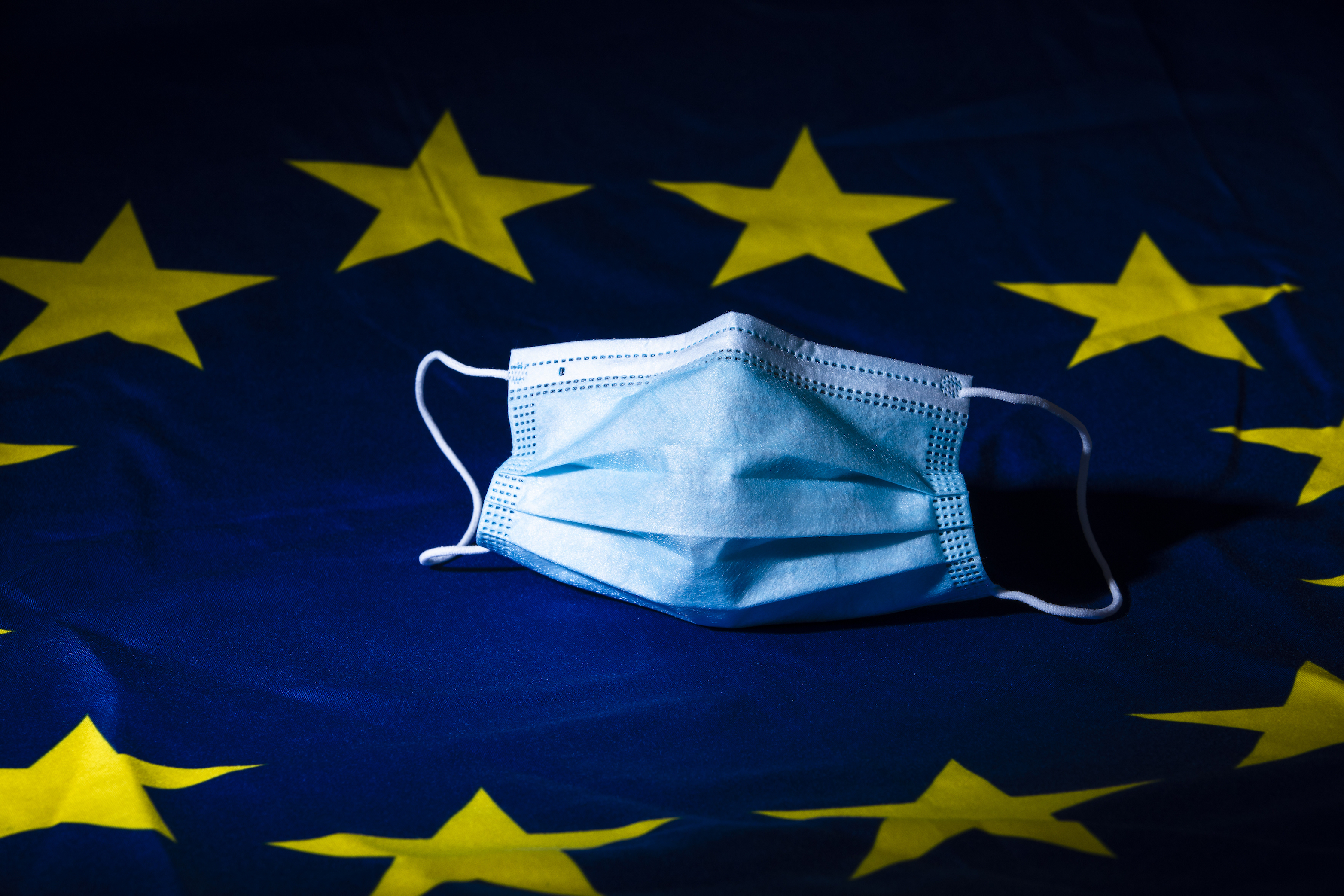As Britain left the EU, Covid entered the UK.
On January 29th 2020, the UK’s first patients tested positive for Coronavirus when two Chinese nationals from the same family staying at a hotel in York fell ill. Britain left the EU two days later at 11pm on 31 January and Brexiteers poured into parliament square to celebrate their “independence day”. “Boris we love you” placards were waved while Nigel Farage walked to the stage with a jazz rendition of “The Final Countdown” blaring.
Since then, Brexit and Covid-19 — those curious contemporaries — have frequently been considered together. Indeed, shortly after the announcement that the UK’s medicines regulator approved the first Covid vaccine, then-health secretary Matt Hancock asserted that it was “because of Brexit”. As the jab made its way into the arms of Britain the refrain was repeated incessantly; and the connection is still contended. In the House of Commons earlier this month, foreign secretary James Cleverly claimed “Our ability to move quickly with regards to vaccines … meant that we were one of the first countries in the world to come out of lockdown”.
But with the official inquiry now up and running, Covid and Brexit share the headlines for rather less flatering reasons for government eurosceptics.


“The pandemic struck the United Kingdom just as it was leaving the European Union”, noted Hugo Keith KC in the lead-up to the recent round of inquiry evidence sessions. He claimed, moreover, that preparations undertaken to mitigate the consequences of a no deal Brexit had “crowded out and prevented some or perhaps a majority” of preparations for the pandemic. According to the KC, it was “clear” that the decision to leave the EU left us vulnerable when Covid struck in 2020.
Claire Mitchell KC, a lawyer speaking on behalf of Covid Bereaved Families for Justice Scotland, also told the inquiry that “the effects of Brexit” stymied Britain’s ability to cope with Covid.
And as of yesterday, such claims have got some ministerial — or rather ex-ministerial — backing. Matt Hancock, once charged with framing the vaccine through a Brexit freedoms lens, now testifies that official pandemic preparedness was hindered by a focus instead on the threat of a “disorganised Brexit”.
Through 2018-2019, Britain’s government was consumed with the possibility of crashing out of the EU without a deal on the departure terms in place. Hancock, who served as health secretary from July 2018 until he resigned in June 2021 for breaking Covid rules by kissing an aide, said: “I was, of course, aware that Brexit was a significant part of the national debate and in the department we needed to be prepared for it.”
He even confirmed that no deal Brexit planning meant resources had to be reallocated in his department. Hugo Keith KC queried: “So you were aware and you agreed that a range of work relating to pan flu and HCID [high consequence infectious diseases] would have to be scaled back or paused?”.
Hancock replied: “Yes and I wasn’t enthusiastic about it, but I signed it off and the reason that I signed off the overall reshaping of the department is because we have a very real and material threat should a disorganised Brexit happen that we needed to be prepared for.”
“There was a moment at which we had to move resources on to prepare for that in the summer I think of 2019 and we did that within the department, the plans to do that were drawn up by the team and I signed them off”, he added.
In all, Hancock confirmed that almost 20 work streams on pandemic planning were paused, reduced or entirely halted because of a shift in focus to no deal Brexit preparation at the end of 2018.
But Hancock — who campaigned for remain in the 2016 referendum — was also sure to stress some benefits of the UK’s exit from the EU regarding pandemic planning. Revealing the UK came “within hours” of running out of crucial medicines during the coronavirus pandemic, Hancock claimed no deal Brexit planning and stockpiling was a key reason supplies “didn’t run out”.
“The work done for a no deal Brexit on supply chains for medicines was the difference between running out of medicines in the peak of the pandemic and not running out”, he said.
The Covid-19 has assumed a wide remit as it investigates Britain’s pandemic preparedness. In doing so, it has assumed the right to ask and answer the question: did Brexit help or hinder the UK’s pandemic response?
When the inquiry eventually turns around with an official response, we can probably expect a damning indictment of government priorities in the lead-up to modern Britain’s worst ever public health crisis. The threat of a “disorganised Brexit”, and its implications for government inaction on pandemic planning, looks set to feature highly indeed.
Follow @josh_self_ on Twitter

